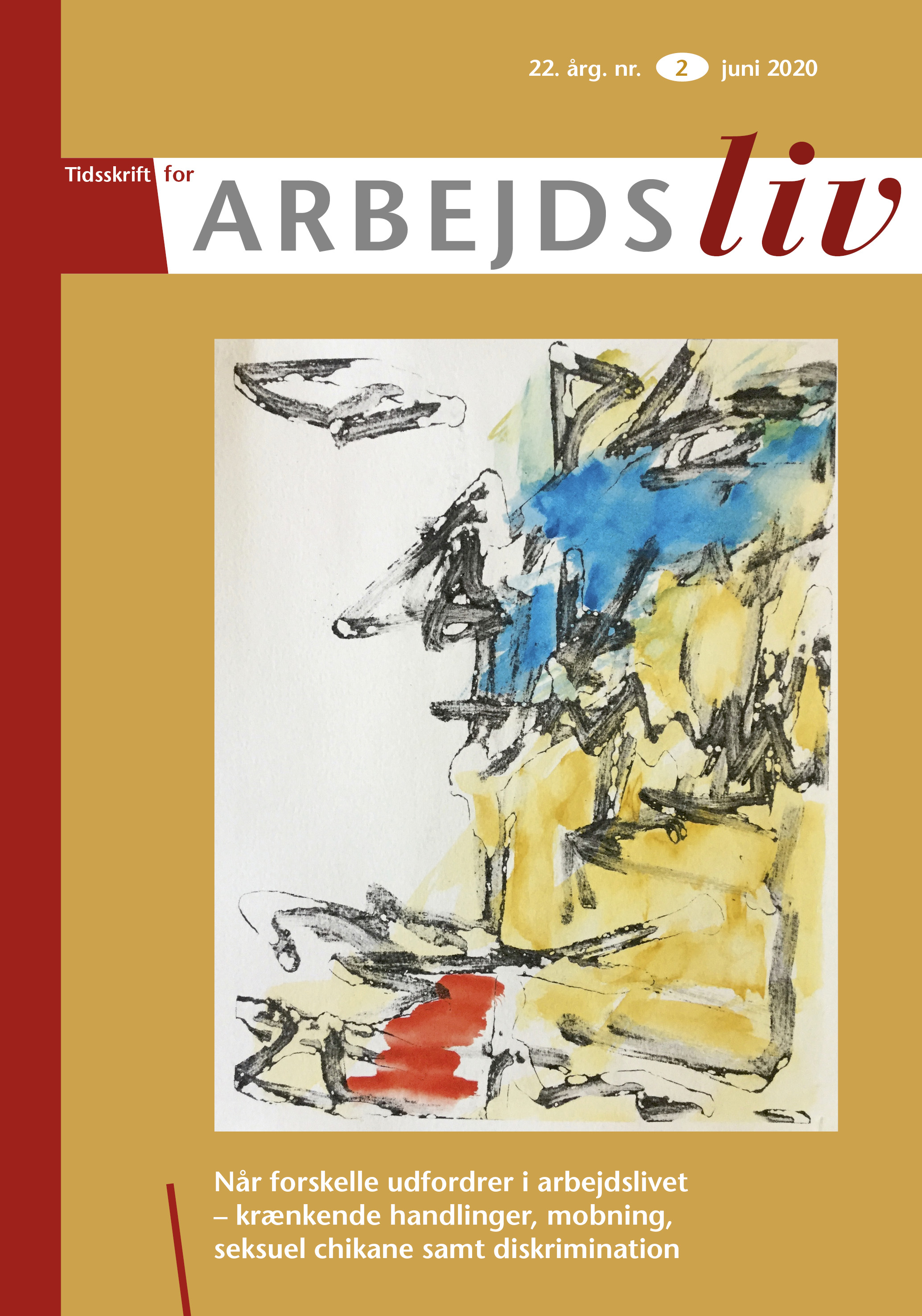How do we assume that municipal employment projects work? – Construction of a programme theory
DOI:
https://doi.org/10.7146/tfa.v22i2.121523Abstract
For several years, municipal employment projects have been the most frequently used active labour marked programme. They have, however, been criticized for their lack of employment effect. Drawing upon ‘Realistic Evaluation’ the article examines how these programmes are expected to work and under which circumstances, and proposes a programme theory for municipal employment projects. The article is based on existing literature and a case study. The programme theory consists of six generative mechanisms, which are expected to create changes and three moderators (contextual factors) that can contribute to explaining the – often limited – results. The generative mechan isms are: (1) creation of meaningfulness, (2) formation of relationships between the unemployed and the frontline employees, (3) co-constructor, (4) problem solving, (5) self-effi cacy and (6) work identity. The moderators are: (1) the needs and motivation of the unemployed, (2) evaluation culture and follow-up and (3) the physical environment. The validity of the programme theory can be evaluated and qualifi ed further, e.g. through a systematic testing of the programme theory on more cases. The construction of programme theories can thus contribute with nuanced knowledge about how differences in implementation, target groups and contextual factors infl uence how municipal employment projects work. Moreover it contributes to theory development within the field.
Downloads
Published
How to Cite
Issue
Section
License
Forfattere, der publicerer deres værker via dette tidsskrift, accepterer følgende vilkår:
- Forfattere bevarer deres ophavsret og giver tidsskriftet ret til første publicering, samtidigt med at værket ét år efter publiceringen er omfattet af en Creative Commons Attribution-licens, der giver andre ret til at dele værket med en anerkendelse af værkets forfatter og første publicering i nærværende tidsskrift.
- Forfattere kan indgå flere separate kontraktlige aftaler om ikke-eksklusiv distribution af tidsskriftets publicerede version af værket (f.eks. sende det til et institutionslager eller udgive det i en bog), med en anerkendelse af værkets første publicering i nærværende tidsskrift.
- Forfattere har ret til og opfordres til at publicere deres værker online (f.eks. i institutionslagre eller på deres websted) forud for og under manuskriptprocessen, da dette kan føre til produktive udvekslinger, samt tidligere og større citater fra publicerede værker (se The Effect of Open Access).





